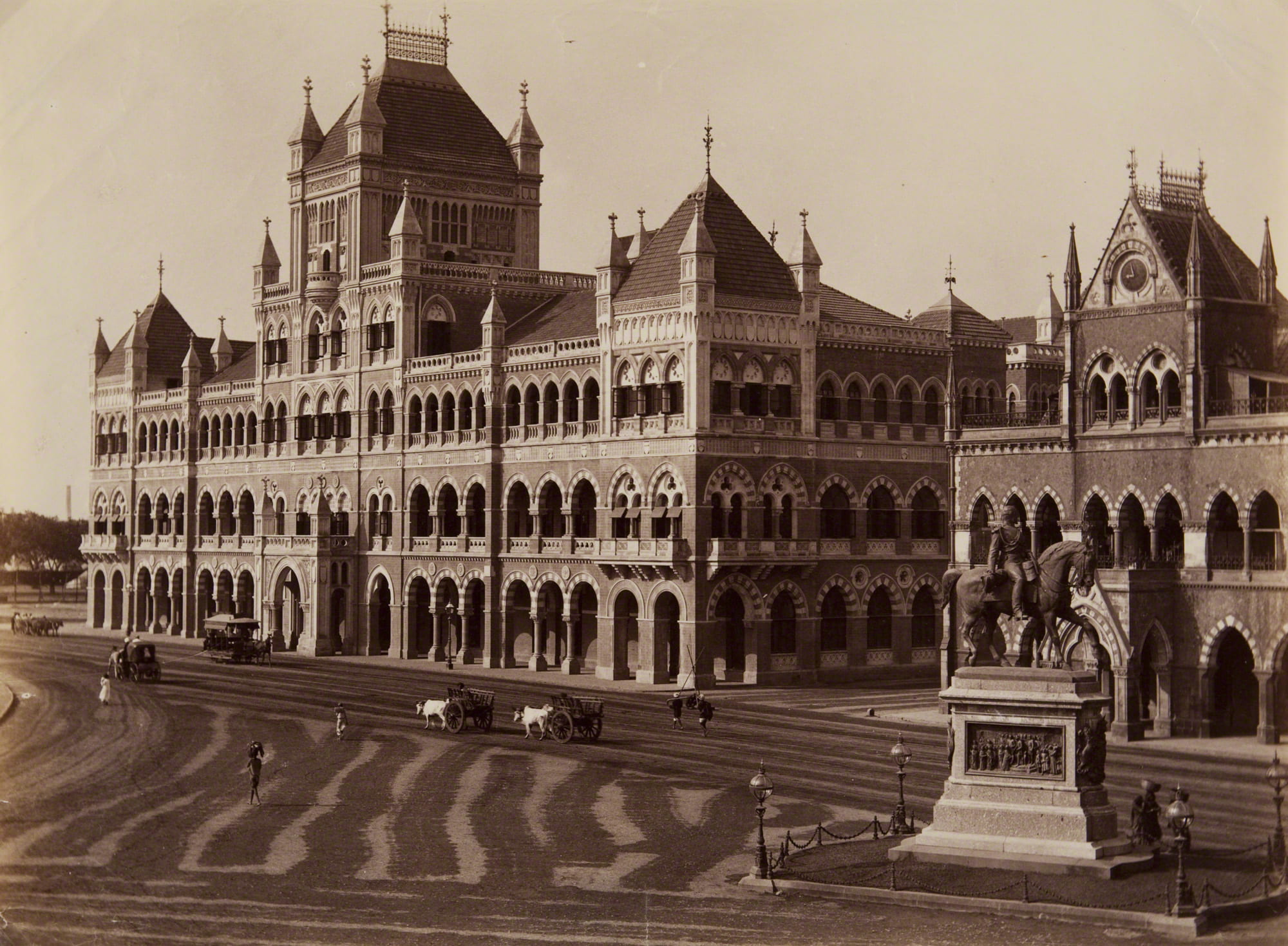Spencer A. Leonard
University of Virginia—USA
“Enlightened Scholar-Soldier-Administrator? Mountstuart Elphinstone’s Debate with James Mill on the Foundations of Company Empire”
The inter-related set of questions that this paper sets for itself are the following: How does the historiography Mountstuart Elphinstone and his circle of scholar-administrators reconfigure our understandings of the dominant lines of ideological debate in the late Company, post-Napoleonic years? More specifically, What necessitated Elphinstone’s History of India project, especially given the fact that the imposing metropolitan intellectual James Mill just had completed his magisterial History of British India less than two decades before, in 1817? What are to make of the fact that, from the time he first speaks of the project in June 1834, Elphinstone confesses to feeling “very faint-hearted about attempting a History of India”? And, indeed, why did Elphinstone, who was already deeply uncertain about publishing his first two volumes abandon his History altogether when it came to the modern or what he termed “English” period? Stated most simply, Why did Elphinstone attempt at supersede Mill? Why, in the end, did he balk at the task? And what can we learn about the relationship between Elphinstone’s romanticism, Mill’s militant, if statist, modernism (and the liberalism that eludes them both) by comparing their treatments of the “English period” of Indian history?
Taking his Ph.D. in South Asian Languages and Civilizations and History from the University of Chicago in 2010, Spencer Leonard is a co-organizer of the conference together with Shah Mahmoud Hanifi. He is currently working on an edited volume of Karl Marx and Friedrich Engels’s writings on bonapartism/imperialism (Marx and Engels on Imperialism: Journalistic Writings 1851–62) and on another book entitled Adam Smith in Calcutta. The second of these grows out of Leonard’s research on the East India Company’s conquest of Bengal and the resultant Enlightenment critique of Company Empire, on the Company Empire as nothing less than a precipitating cause of the crisis of the British Revolution and, thus, of the Enlightenment itself. Currently teaching as a visiting professor in the Corcoran Department of History at the University of Virginia and soon to take up a comparable position at the University of Tennessee, Leonard’s writings have appeared in the Journal of Imperial and Commonwealth History, English Historical Review, and Economic and Political Weekly.
